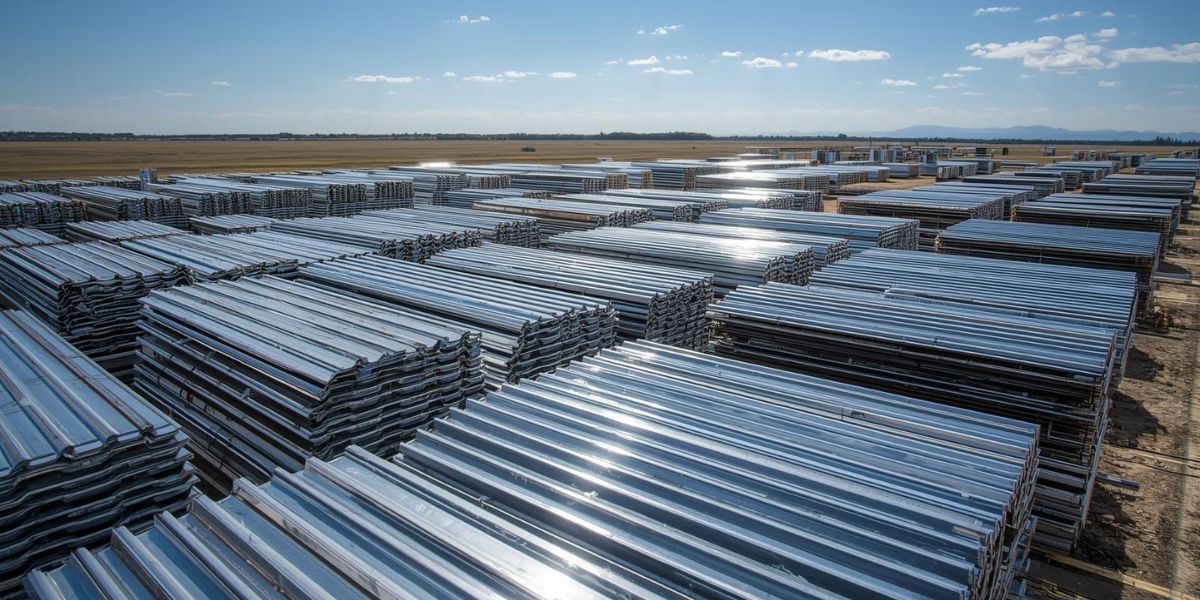Discover how Unsaturated Polyester Resins (UPR) have transformed modern industrial design through durability, flexibility, and innovation. Learn why industries rely on unsaturated polyester resins today.
The Rise of Unsaturated Polyester Resins in Reinforced Plastics
In the world of materials, few have shaped modern manufacturing like UPR. Unsaturated Polyester Resins (UPR) have become a foundation for reinforced plastics used in construction, automotive, marine, and consumer products. With its ability to combine strength, versatility, and cost-effectiveness, this resin has changed how industries design and build products.
From sleek car parts to durable building panels, these resins make industrial design more efficient and adaptable. Let’s explore how this remarkable material redefined the boundaries of engineering and creativity.
What Are Unsaturated Polyester Resins?
Unsaturated Polyester Resins are thermosetting polymers. When combined with reinforcement materials like glass fibers, it creates Fiber-Reinforced Plastics (FRP).
These composites are light in weight but extremely strong. This resin provides excellent resistance to heat, corrosion, and chemicals. Because of these properties, it’s widely used in industries that need high performance and durability.
The Evolution of Unsaturated Polyester Resins for Industrial Functions
Before the introduction of Unsaturated Polyester Resins, designers often relied on metals and wood. These materials were heavy, costly, and hard to shape. With the arrival of UPR in the mid-20th century, a new era began.
Manufacturers could now design complex shapes that were once impossible with metals. UPR allowed thinner, lighter, and stronger components. It also made mass production faster and more economical.
As industries looked for materials that combined aesthetics with strength, UPR became a natural choice. Today, it continues to play a central role in industrial innovation.
Why Industries Choose Unsaturated Polyester Resins?
Unsaturated Polyester Resins Are Lightweight Yet Strong
Products made with this resin weigh far less than metal alternatives. Yet, they maintain structural integrity. This feature is vital in the transport and aerospace industries, where weight reduction saves energy and cost.
Corrosion and Chemical Resistance
UPR resin resists corrosion from chemicals, acids, and water. For chemical tanks, pipes, and marine components, this resistance ensures a long lifespan and minimal maintenance.
Design Flexibility of UPR Resin
Unlike metals, UPR resin can be molded into almost any shape. Designers get the freedom to experiment with bold, innovative forms. It supports modern aesthetics without compromising strength.
Cost Efficiency
This resin offers excellent value for money. Its manufacturing cost is lower than many other thermosetting materials. This balance of performance and affordability makes it ideal for both large-scale and specialized applications.
Thermal and Electrical Insulation
Industrial environments often demand materials that resist heat and electricity. This resin naturally insulates, making it safe for electrical housings, switchboards, and composite panels.
Unsaturated Polyester Resins in Action: Transforming Key Industries
UPR Resins in Automotive and Transportation
The automotive sector has greatly benefited from UPR resins. Components like bumpers, body panels, and dashboards use reinforced UPR composites. These parts are lightweight and weather-resistant, improving vehicle efficiency and safety.
Even public transport systems rely on UPR. Bus bodies, train interiors, and truck panels use UPR composites for their blend of form and function.
Construction and Infrastructure
In construction, UPR resin is shaping modern architecture. It’s used in roofing sheets, pipes, tanks, and decorative panels. Its strength and finish make it a perfect fit for both industrial and residential projects.
Glass Fiber Reinforced Plastic (GRP) structures, made with UPR, can withstand harsh weather and load stress is something steel often struggles with in corrosive environments.
Unsaturated Polyester Resins in Marine Applications
Boats, yachts, and marine tanks depend on UPR for durability. Saltwater and UV rays degrade most materials, but UPR stands firm. It resists moisture and chemical attacks, extending the life of marine products.
Electrical and Energy Sector
UPR-based composites insulate transformers, circuit boxes, and battery housings. In wind energy, UPR resin forms the base for turbine blades, ensuring strength and stability under extreme conditions.
The Sustainability Aspect of Unsaturated Polyester Resins
Today, sustainability drives material innovation. While these resins are synthetic, modern research focuses on bio-based UPR resins. These resins reduce environmental impact without losing performance.
Manufacturers are also improving recycling techniques. Waste UPR composites can now be reused in construction materials or reprocessed for lower-grade products. This circular approach is helping industries adopt greener design practices.
The Future of Industrial Design with UPR Resin
Industrial design is entering an era where function meets innovation. UPR resin will continue to shape this future through:
- Smart composites: Enhanced UPRs with sensors for real-time monitoring.
- Lightweight architecture: Use of UPR-based panels in modular construction.
- Hybrid materials: Integration of UPR with nanomaterials for improved performance.
As industries aim for efficiency and sustainability, UPR resin stands as a bridge between creativity and practicality.
Concluding Thoughts:
From its chemical structure to its massive industrial use, these resins have revolutionized material engineering. It turned reinforced plastics into high-performance, versatile, and cost-effective design solutions.
Whether it’s shaping sleek car bodies, robust marine vessels, or strong building panels, UPR continues to redefine what’s possible in industrial design.
The story of UPR resin isn’t just about material science. It’s about innovation, resilience, and transformation qualities that continue to drive modern industry forward.
COMPANY INFO
Website: www.crestresins.com
Phone: +91 9879233188
Email: enquiry@crestresins.com
Address: 605/A, 6th Floor, Tower D, Times Square Grand Office, Sindhubhavan Marg, Near Taj Hotel, Ahmedabad, Gujarat - 380059

